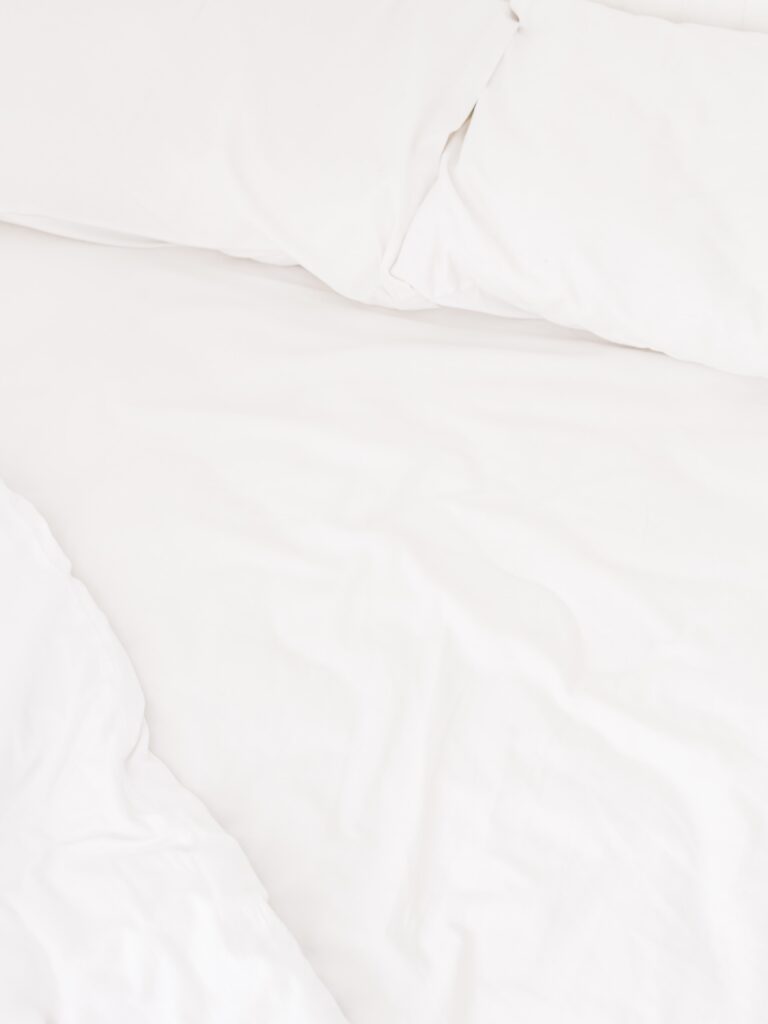Sleep is a crucial piece of our overall health, but did you know that it also plays a large role in your skin’s appearance? Sleeping affects our hormones, collagen levels, and blood flow, all contributing factors into our skin’s overall look and feel. Here are a few tips to incorporate into your nighttime routine to improve your skin health:
-
- Wash your face every night: Throughout the day, dirt, oil, and pollution enter your pores, which can lead to acne breakouts. Wash your face each night after removing your makeup to avoid any irritation – our cleansing line will do just the trick.
- Make sure you’re getting enough rest: Studies show that a full eight hours of sleep each night is necessary for most. If you’re not resting well enough, your skin may appear dull, discolored, and dehydrated, leading to signs of aging. By having a steady sleeping schedule, you’ll be able to improve your skin’s appearance over time.
- Hydrate: Drink plenty of water throughout the day, and have a full glass of room-temperature water before turning in. This will allow your body to utilize the hydration while you’re sleeping.
- Use a silk pillowcase: By sleeping on a smooth surface, you’re eliminating friction, leading to less wrinkles and fine lines. Silk also doesn’t absorb as much moisture from the skin, allowing your skin to stay more hydrated in comparison to other fabrics, such as cotton.
- Sleep on your back: This may be tricky for some, but sleeping on your stomach or on your side causes friction between your sheets and skin cells. By sleeping on your back, and even propped up slightly at an angle, your blood flow will leave your under eyes looking more rejuvenated, and over time, lessen your fine lines and wrinkles on your chest, neck, and face.
By making these minor adjustments to your evening, your skin’s appearance will look healthy for longer amounts of time. For any product recommendations, consult with your local Rao Dermatology office.

